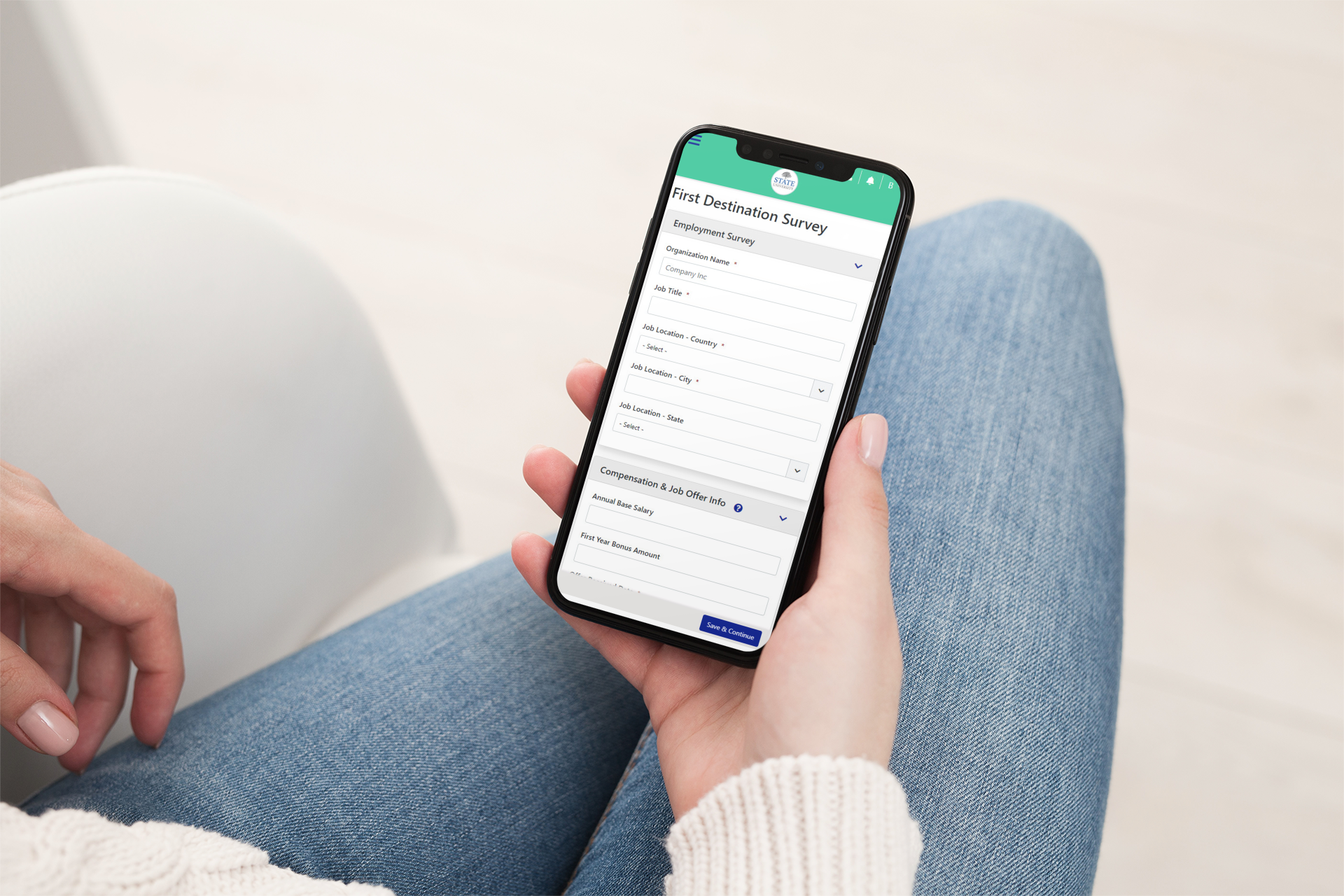
There is no doubt that students making the transition to life after college in 2021 are facing significant challenges. The COVID-19 global pandemic has impacted every aspect of their lives. Yes, their colleges and universities moved quickly to move learning into a virtual environment, and we are slowly starting to evaluate the data being gathered as to how this sudden shift impacted learning outcomes. However, in our society today the return on investment, or ROI, for students and their families is not the content or the quality of the education they receive, but rather by the following sole metric of success – “do I have a job?”
In a recent report by Jeff Selingo and Mathew Sigelman entitled “Good Jobs in Bad Times”, the authors illustrate the impact of the pandemic on students as they make the transition to life after college. Several key statements in the report stuck out to me:
- Job postings for individuals with a college degree (Associates or Bachelors) dropped 40% between March and May 2020.
- Occupations requiring a bachelors degree don’t have very many entry-level openings
- If students don’t think a college will do enough for them to get hired after graduation, they will look elsewhere.
This is by no means “new” information. For years many have been calling into question the “value” of higher education. For example, 72% of presidents worried about the value of their degree (source: InsideHigherEd). Furthermore, in a recent report by Boston Consulting Group, only 36% of the business leaders surveyed believed higher education institutions we adequately preparing their students for jobs (Source: BCG Report, 2020). This disconnect between, higher education and the business world is not going away on its own.
In order to start bridging this gap, we need to revisit the idea of “return on investment” when it comes to higher education. In a recent article in Forbes, this concept of ROI was addressed:
“The most common way to measure a college’s return-on-investment (ROI) is to look at the percent of students securing employment after graduation, and then review their average salaries. But a return on a college education is more than just a 4-year vocational exercise. Great colleges produce happy and successful alumni–who give back in droves.” - Forbes
So where can we start to make the meaningful changes at our own institutions? Well, the answer is simple. It all starts with data! The ability to generate, analyze, socialize and utilize data to help prepare students for the next chapter of their lives is a critical starting point if we are going to close this gap.
Lets take a look at one school that is making a difference in this area. The #1 school on the Forbes 2019 Grateful Grads Report from Forbes is our long-time partner school, Dartmouth College. For years, Dartmouth College’s Center for Professional Development has been providing comprehensive end-to-end career services including individual and group career coaching, self-assessment tools, employer events, and other resources that complement personal and academic growth while helping students identify and pursue career goals. Dartmouth offers their students much more than a simple job board. Within their school-branded GradLeaders Career Center platform, Dartmouth utilizes 92% of the robust functionality available to our partner schools and their students. Dartmouth gives their students the tools and data they need to find right-fit career paths after graduation.
But in order to land the #1 spot on the Grateful Grads Index, you need to go beyond first-destinations outcomes data. Colleges need to help students not only find a job after graduation but point them down right-fit career paths to ultimately help them live happier lives. Dartmouth obviously does this successfully. Do you? Are you not only collecting your recent grads’ first-destinations survey (FDS) outcomes data but also your alumni current occupation survey data? Do you understand what that data is telling you? Are you using it not only for career services but also for enrollment and admissions? And if so, are you creating the outcomes based ROI your students demand?
If your answer is “no” to any of those questions, we’d love to help! Contact us any time, any day.